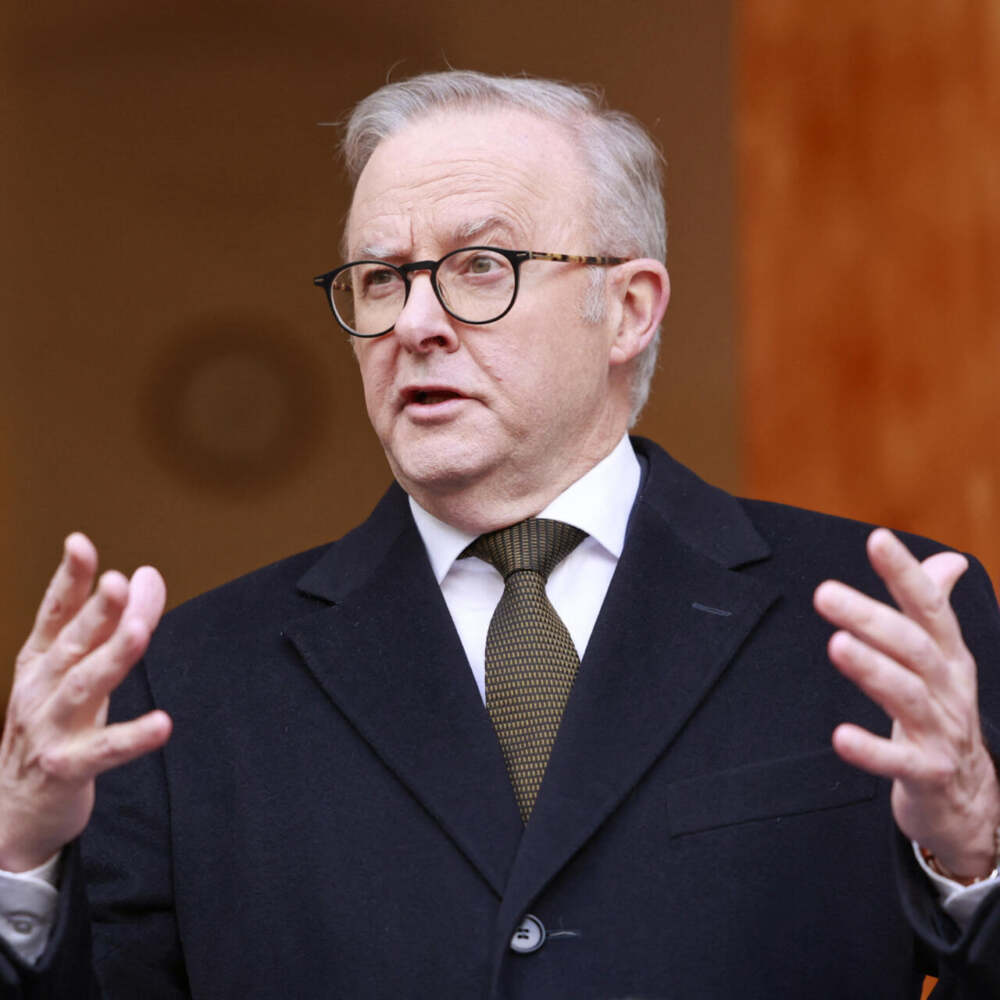In a significant diplomatic shift, the United Kingdom is preparing to officially recognise Palestine as a state, despite objections from the United States and Israel. The move, expected to be confirmed by Prime Minister Keir Starmer during the United Nations General Assembly, signals Britain’s growing impatience with the stalled Middle East peace process.
Why Now?
British officials have pointed to several factors driving the decision. The government had previously set conditions for recognition, such as a ceasefire in Gaza, unrestricted humanitarian access, a halt to annexation in the West Bank, and credible commitments toward a two-state solution. With those conditions unmet, London argues that symbolic recognition is now necessary to preserve the idea of Palestinian statehood before it collapses entirely.
Deputy Prime Minister David Lammy has emphasized that recognition does not instantly create a state on the ground but does carry political weight. He described the move as a “signal of intent” that Britain remains committed to a two-state solution.
Divided Reactions Abroad
The United States has voiced strong opposition, warning that unilateral recognition risks undermining peace talks and could embolden extremist groups. Israel has also condemned the decision, arguing that it rewards Hamas while hostages remain in captivity and violence continues.
On the other hand, many European and Middle Eastern leaders view the step as overdue. Supporters argue that Britain, given its historical role in the region, has a moral obligation to advance Palestinian statehood. The move could also encourage other Western powers to take similar action, further isolating Israel diplomatically.
Domestic Debate
At home, the decision has triggered intense debate. Families of Israeli hostages have urged the government to delay recognition until their loved ones are freed, warning that premature recognition could reduce leverage in negotiations. Some lawmakers have also questioned whether Palestine meets the traditional legal criteria for statehood, such as defined borders and effective governance.
Despite these concerns, the government insists that symbolism matters. By recognising Palestine, officials believe the UK can help shift the international conversation back toward diplomacy and away from endless cycles of violence.
What It Means
Practically, recognition changes little on the ground. The Palestinian territories remain divided, with Hamas controlling Gaza and the Palestinian Authority governing parts of the West Bank. Borders, security arrangements, and the status of Jerusalem remain unresolved.
Symbolically, however, the move could prove significant. Recognition strengthens the Palestinians’ position in international forums, puts pressure on Israel over its settlement policies, and signals that the two-state solution still has powerful backers.
A Risky Gamble
Analysts describe the UK’s decision as a gamble—one that uses symbolism as a tool of diplomacy. The government hopes it will reignite momentum for peace negotiations. But critics warn it could deepen divisions with allies, complicate hostage talks, and inflame tensions in the region.
As the United Nations General Assembly unfolds, Britain’s recognition of Palestine will be closely watched worldwide. It may not immediately alter the realities of the conflict, but it underscores a growing shift in how global powers view the path to peace.
















Leave a Reply